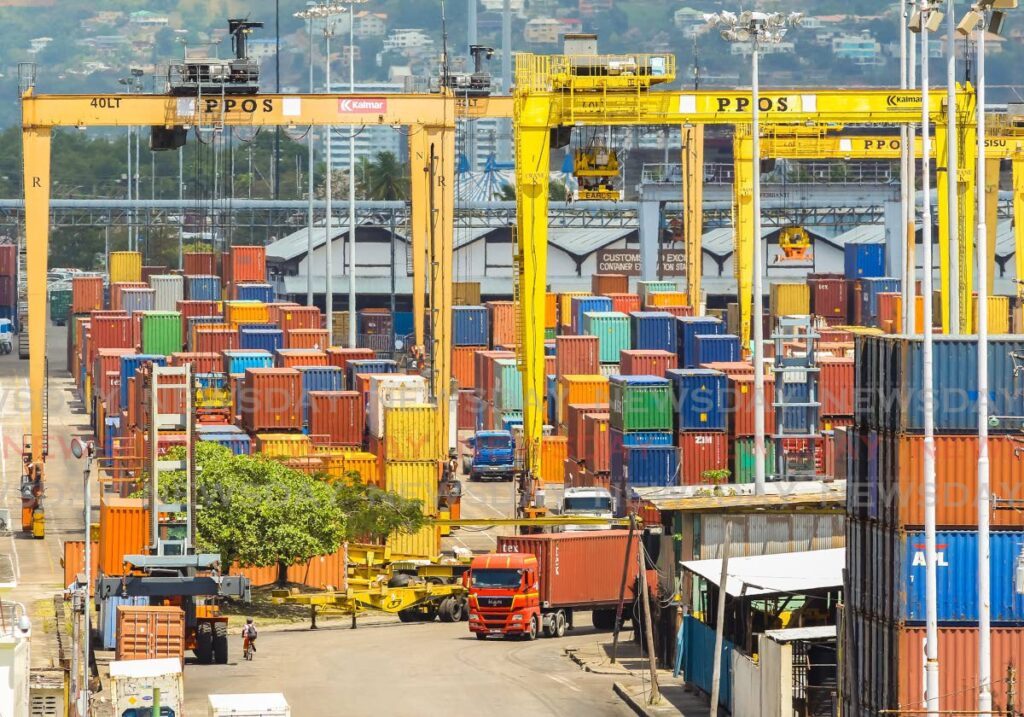Manage port workers' concerns

Thursday's protest by workers at the Port of Port of Spain was a warning note over the Government's tardiness in settling an agreement the Seamen and Waterfront Workers' Trade Union (SWWTU) has with Port Authority management to pay a 12 per cent wage increase for the 2014-2017 negotiation years.
The Chief Personnel Officer is now proposing an increase for that period of zero, zero and two per cent for the three-year period. The Works Minister has remained silent on the issue so far. Port Authority chairman Lyle Alexander downplayed the disruption as the consequence of a meeting between the union and employees.
"A not-unusual activity in an industrial-agreement environment," he said.
The action by port workers was largely a flex, demonstrating the potential for chaos that a downing of tools at a key landing for goods and cargo would wreak on the country.
Cargo handling stopped, but passenger shipping continued during the protest. By Friday, work was back to normal, though the matter appears to be far from over.
According to SWWTU president general Michael Annisette, the union negotiated a memorandum of agreement with the Port Authority's management for the three years but he understands the Government to be responding that the authority's leadership had no authority to endorse it.
At the core of this matter, there appears to be a certain slippery quality regarding what constitutes a public servant and, therefore, a worker subject to the bargaining oversight of the Chief Personnel Officer (CPO). The State has ministries, in which public-service status is clear, and statutory authorities and state companies in which those arrangements are murkier.
At TSTT, for instance, a state company in which Government has a 51 per cent stake but effectively 100 per cent control, are the salaries of its employees subject to the CPO's guidance? Are the employees of NGC and its subsidiaries also subject to the CPO's guidance? In those businesses, where maintaining competitive salaries is essential to business viability and employee headcounts are low compared to the public service, it doesn’t seem to be a matter that's pursued quite so vigorously.
But do the port workers consider themselves public servants or employees of the Port Authority? Clearly, Mr Annisette believes the latter to be the case; with the authority exercising responsibility and accountability for the agreements it signs with the union.
In 2017, a Cabinet-appointed Human Resource Advisory Committee was announced. Does this oversight body function and what is its role in overseeing this situation and its repercussions for other state agencies? With operations at the port and the flow of goods to Tobago at stake, the Works Minister and by extension Cabinet, must make the situation pellucid and ensure that negotiations continue in good faith and with suitable speed.

Comments
"Manage port workers’ concerns"